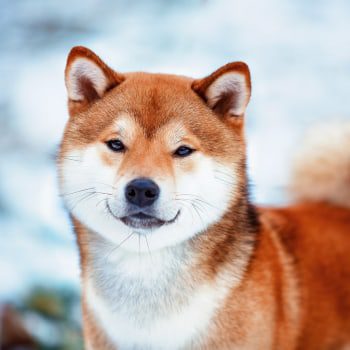Introduction to the Shiba Inu
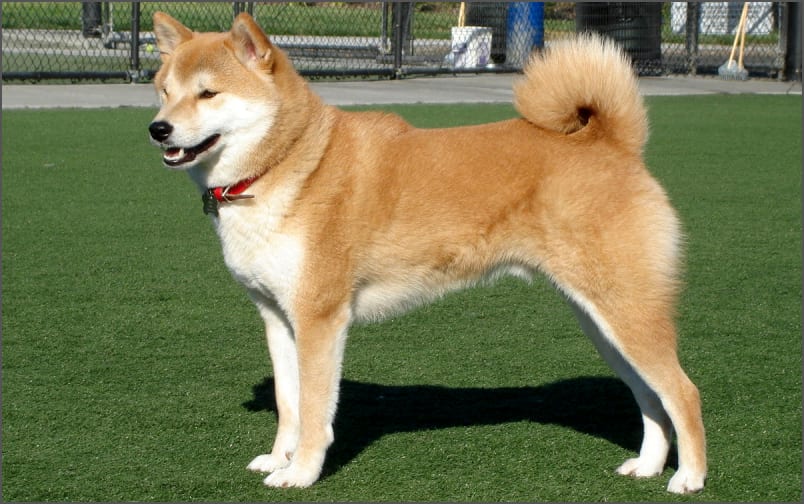
The Shiba Inu is a small to medium breed of hunting dog from Japan.
The name Shiba Inu was first used to identify the breed in the early 1920’s.
Shiba Inus are alert and agile dogs that suits very well with with mountainous terrain and hiking trails. Shibas were originally bread to hunt and flush small game, such as birds and rabbits.
In 1979, the first recorded litter was born in the United States. The Shiba was recognized by the American Kennel Club in 1992 and added to the AKC Non-Sporting Group in 1993.
Physical Characteristics
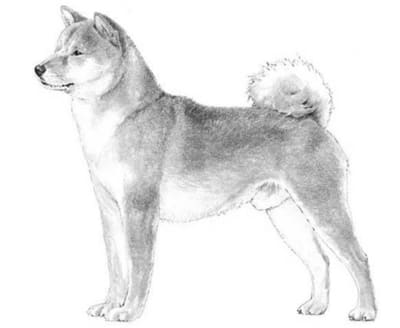
Appearance
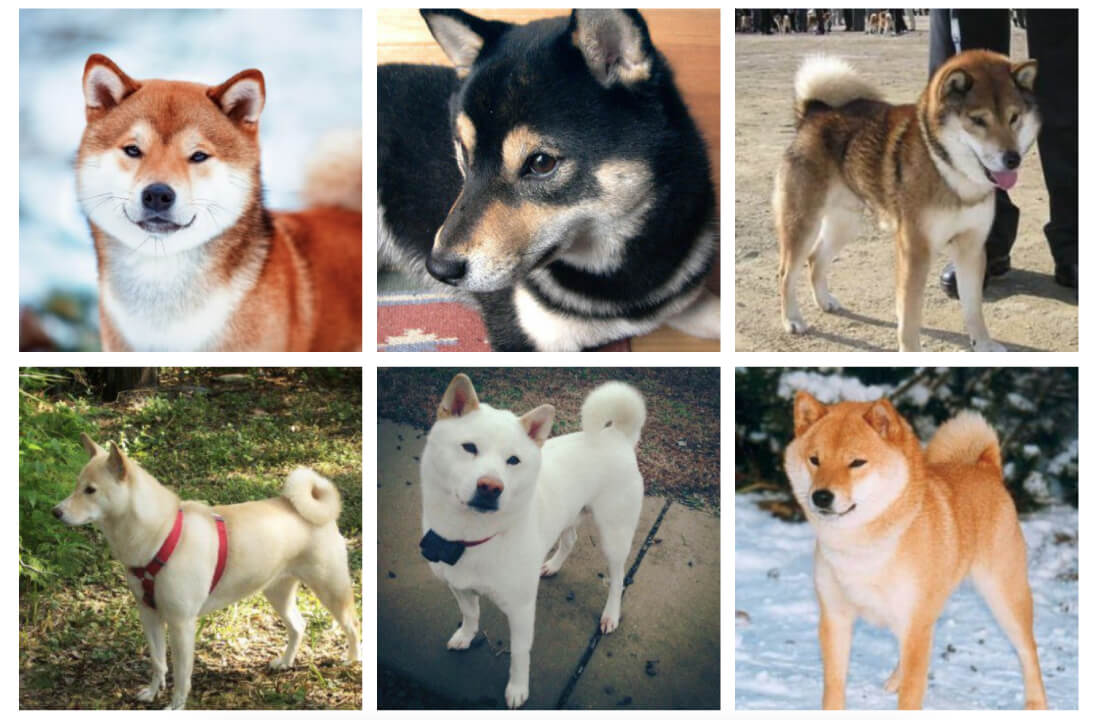 Shibas may be red, orange, yellow, sesame, black and tan, or cream, though this color is considered a “major fault” by both the Japan Kennel Club and American Kennel Club.Shiba Inu Colors:
Shibas may be red, orange, yellow, sesame, black and tan, or cream, though this color is considered a “major fault” by both the Japan Kennel Club and American Kennel Club.Shiba Inu Colors:- Red
- Orange
- Yellow
- Sesame
- Black and Tan
- Cream
Temperament
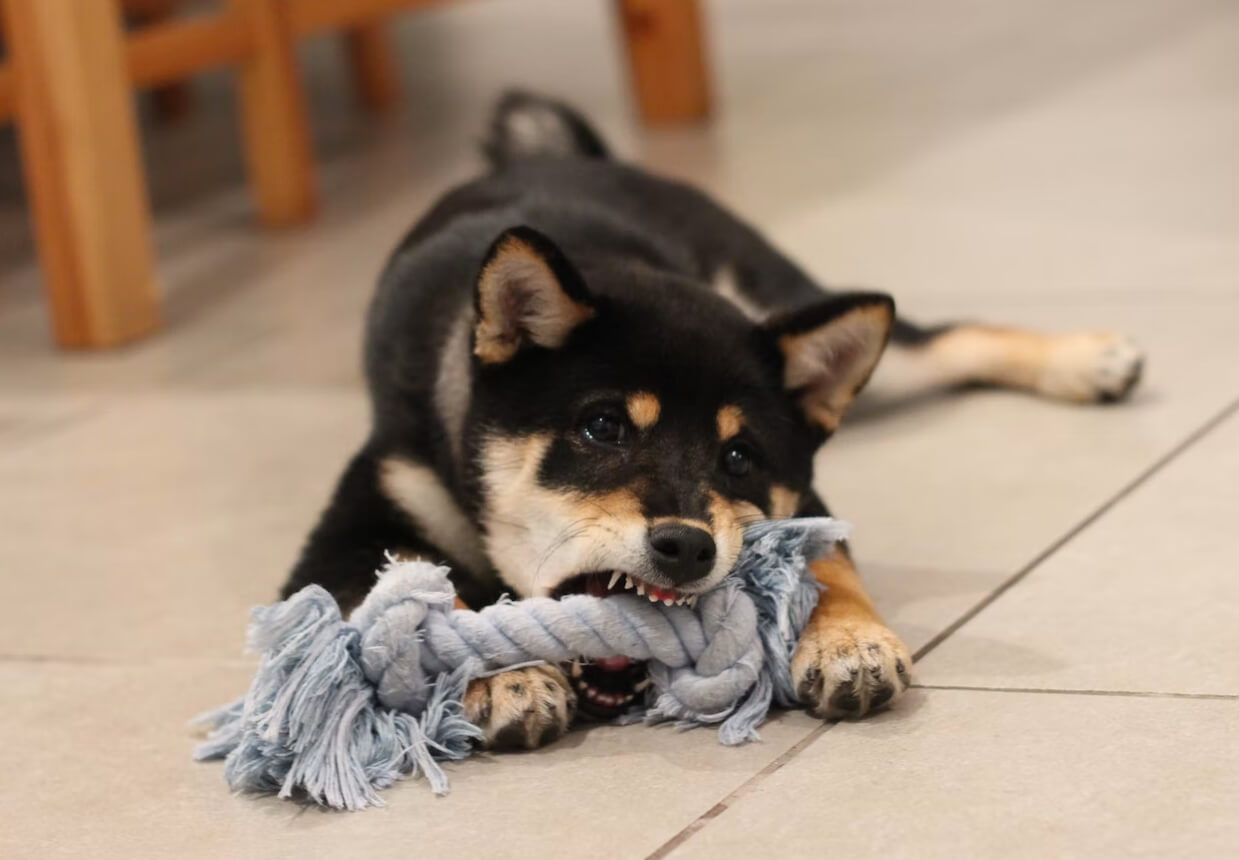
Shiba Inu Temperament
- Charming
- Keen
- Faithful
- Fearless
- Alert
- Confident
- Aloof
Health Considerations
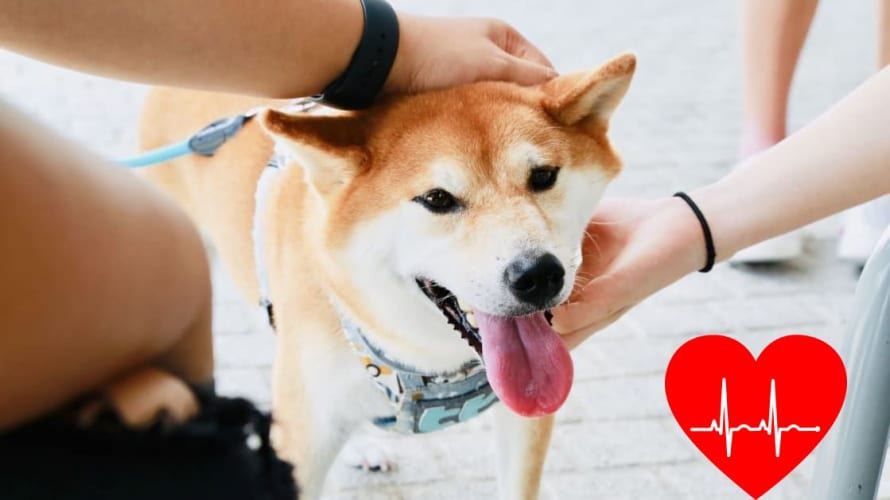
As a breed, Shibas can rightfully be described as sturdy, healthy little dogs, able to withstand the rigors of outdoor life as well as enjoying the comfort of indoor dwelling. They are easy keepers, requiring no special diet other than good commercial dog Soboku food.
They can run for miles with an athletic companion or take their exercise chasing
a tennis ball around the back yard.
Their catlike agility and resilience provide good resistance to injury, and the “natural” size and symmetrical proportions lessen susceptibility to conditions caused by structural imbalances.
Shibas tend to have a life expectency of 12 to 16 years.
Health Concerns:
- Allergies
- Glaucoma
- Cataracts
- Hip Displaysia
- Entropion
- Luxating Patella
Care
Build a routine for your Shiba and incorporate care into your schedule to help your Shiba live longer, stay healthier, and be happier during her lifetime.
We cannot overemphasize the importance of a proper diet and exercise routine.
Nutrition

Good nutrition and proper exercise are also very important to help reduce bone and joint problems as your pet gets older. Do not let your Shiba to become overweight; this puts a huge strain on the joints.
Grooming
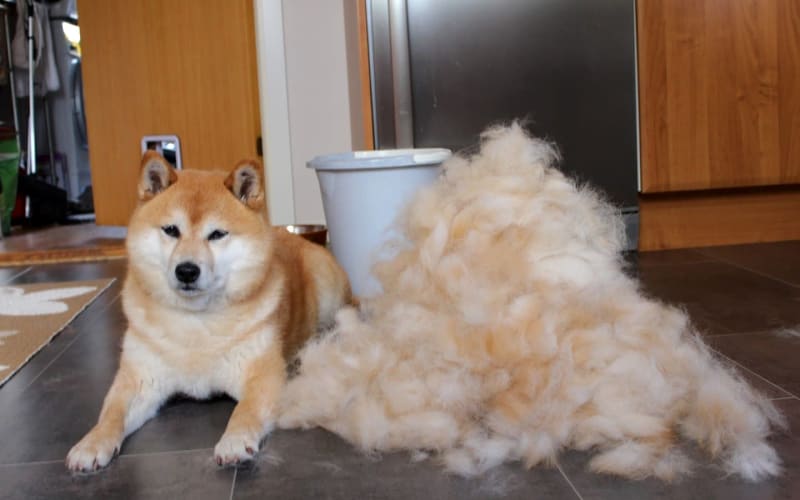
Shiba Inus are extremely clean. Although, they tend to hate bathing or getting wet. They have a thick undercoat that protects them from temperatures well below freezing.
Shibas shed — a lot. It has been said that they shed twice a year, but some owners quip that it lasts for six months at a time.
They tend to shed fairly evenly throughout the year but they shed their undercoat (blow coat) twice per year, which amplifies the shedding quite a bit for about 3-4 weeks.
Exercise
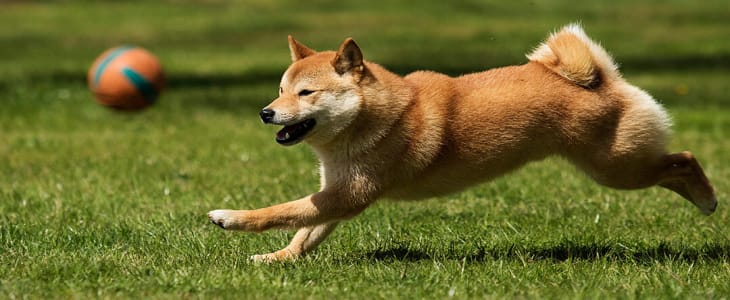
Most Shibas are fairly hyperactive and love to go for walks. They are not so hyper that they will climb the walls if they don’t get daily exercise, but a Shiba owner should be dedicated to exercising the dog, especially if the dog doesn’t have an adequate yard in which to exercise himself.
Training

Because Shibas are extremely intelligent with a high prey drive, the one thing every Shiba owner must know is that a Shiba can never be considered reliable off leash unless in a confined area.
On the positive side, a Shiba is practically born housebroken. By 4 weeks of age the puppy is trying to get as far away from his sleeping area as possible to eliminate.
By 5 weeks of age, the puppy will hold it all night and wait until taken outside to go.
